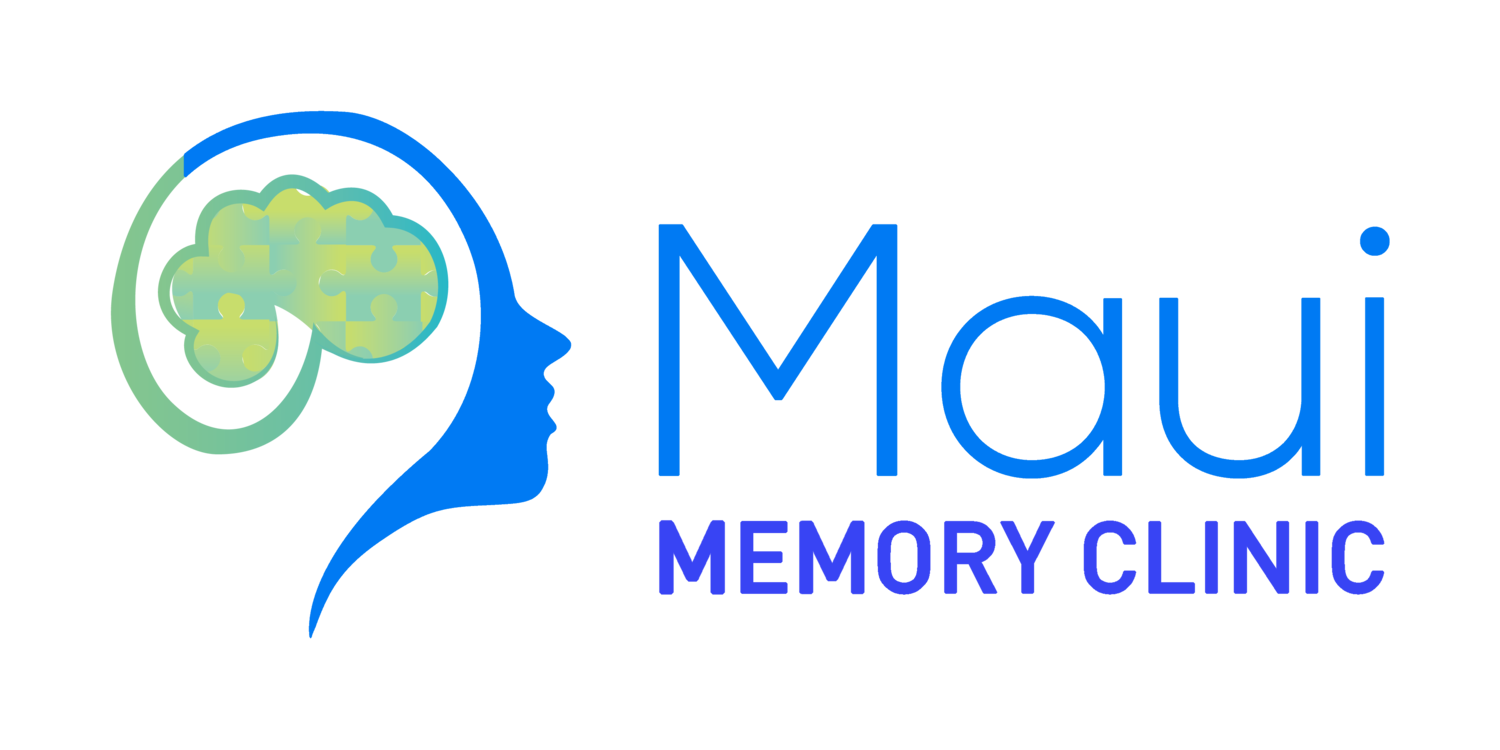What is Music Therapy?
According to the American Music Therapy Association-
It is the clinical and evidence-based use of music interventions to accomplish individualized goals.
You can work towards your goals by yourself- or you can work within a therapeutic relationship with a professional who has completed an approved program.
I used music to help rehabilitate my own brain. It was a perfect fit because when I was young, I learned how to play a few stringed instruments.
After my motor vehicle accident- I continued to play and learned new songs.
This new learning stimulated my auditory, verbal, and motor memory centers, which helped me along my road to recovery.
This might be something you may want to explore to keep your memory circuits healthy.
What Do Music Therapists Do?
Music therapists assess emotional well-being
social functioning
communication abilities
and cognitive skills through musical responses.
They design music sessions for individuals and groups based on client needs.
Who Can Benefit From Music Therapy?
Children, adolescents, adults, and the elderly with Alzheimer's disease and related dementias.
People with brain injuries, physical disabilities, as well as those with acute and chronic pain can also benefit from music therapy as well.
The therapy model based on neuroscience is called "neurological music therapy" (NMT).
NMT studies how the brain is without music, how the brain is with music, measures the differences, and uses these differences to cause changes in the brain through music which will eventually affect the client non-musically.
NMT trains motor responses (i.e. tapping one’s foot or fingers, head movement, etc.) to help clients develop better motor skills which help entrain the timing of muscle activation patterns.
Think about this for a moment:
To learn how to play an instrument- say an ukulele- or a new song on an ukulele- it requires your brain to learn and memorize how and where to place your fingers (of both hands) on the instrument.
Your brain has to keep the proper rhythm or pace, and if you are singing to the song, you also have to remember the words and sing with proper timing and pitch.
If you don't- people may ask you to stop!
This form of music therapy provides an incredible amount of global stimulation in your brain- I highly recommend it!
If you have ever wanted to try learning a new instrument- but never got around to it- now is the time to learn!
It will provide you with much needed brain stimulation.
It's a good idea review Dr. Crain's brain training principles- especially when it comes to learning a new instrument. -Remember, "You have to learn to crawl before you can walk or run."
Do You Like to Dance?
Dance is a form of music therapy that integrates body movement to music.
Not only is dancing good for the brain- dancing is good exercise for the body as well!
The faster the dance, the greater the cardio benefit.
Read about a 91 year old man I met at a Ballroom dance class in my book, You CAN Prevent Alzheimer's!
He was one of the spryest 90-year-olds I have ever seen. So much so that I just had to ask him what kept him so young...
Click here to get your copy today!
The dance need not be that strenuous for you to benefit from it.
Simple line dancing requires you to move your body to the beat and remember footsteps.
It sounds easy enough… right? Give it a try!
It's a great way to fire up those memory circuits and have fun at the same time!

